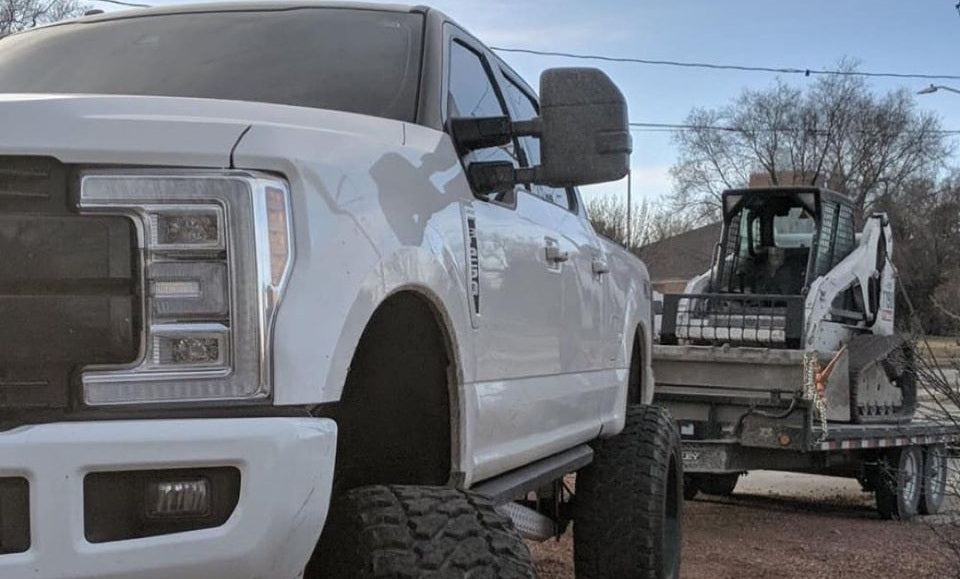The Top 5 Most Common Towing Misconceptions

When the subject of towing is raised, there are seemingly countless half-truths, misconceptions and even some bald-faced lies. The misconceptions are especially pervasive when it comes to safe towing. Let’s clear up the misconceptions and finally reveal the truth.
Misconception #1: There is no Need to Maintain Trailer Bearings
Trailer bearings are positioned within the wheel mechanisms of the trailer. Contrary to popular opinion, these bearings require ongoing maintenance. Ideally, trailer bearings will be thoroughly inspected, cleaned and treated with grease on a regular basis.
Misconception #2: Towing Capacity is Increased With Trailer Hitch Upgrades
Some people are under the impression that upgrading their trailer hitch can bolster towing capabilities. However, such an upgrade does not offset the truck manufacturer’s maximum weight capacity. The bottom line is the maximum weight capacity of the tow vehicle or receiver should not be exceeded under any circumstance.
For example, BulletProof Hitches offer the highest rated hitches on the market. That doesn't mean you can put one of our hitches on a Ford F150 and expect to tow 36,000 lbs. Our Medium & Heavy Duty Hitches have a lower towing capacity to better match the everyday stock truck. The BulletProof Extreme Duty Hitch was made mostly for large vehicles like dump trucks or Semi's that can handle larger loads and will benefit from the Extreme Duty Rating.
Misconception #3: It is Acceptable to Guess the Tongue Weight
Do not fall into the trap of estimating tongue weight. Guessing tongue weight is certainly convenient, yet it is actually quite dangerous. It is imperative the load you are towing is equally distributed across the entirety of the vehicle axles. If the weight is not distributed as it should be or if there is too much weight, you are that much more likely to endure an accident.
Misconception #4: Standard Hitch Heights are Suitable for any Trailer
Your specific trailer should have its own unique hitch height. The last thing you want is for your trailer to be too high or too low, leading to unnecessarily harsh bouncing against the road or putting unnecessary stress on the trailer tires & axels. The need for a completely level trailer inspired BulletProof Hitches’ founders to create an adjustable trailer hitch that makes it easier to quickly change ride heights as necessary.
Misconception #5: All Trailers use the Same Ball Size
Consider the weight capacity of the hitch ball in question before using it. Smaller trailers use a hitch ball with a comparably lower rating. Heavier trailers need a hitch ball with a higher capacity. The bottom line is, the capacity of the ball must equal or surpass the combined weight of the load being towed. The two most common ball sizes are 2" and 2-5/16", which is why BulletProof Hitches decided to make both of these sizes standard on all of our hitches with our fully welded solid steel dual ball.

